
Cuban diplomats eye Switzerland in bid to ease US economic pressure

As tensions rise again between Cuba and the United States under President Donald Trump, Cuban diplomats are quietly looking to Switzerland – the neutral country that once served as the sole communication bridge during the Cold War – to help restore a constructive dialogue that could allow Cuba to escape economic pressure exerted by the US.
“If neutral Switzerland didn’t exist, we would have to invent it.” The phrase, attributed to an advisor of former American President John F. Kennedy during the Cuban Missile Crisis and found in the Diplomatic Documents of SwitzerlandExternal link (Dodis), reveals the key role Switzerland played in facilitating dialogue between two Cold War adversaries during one of the most dangerous standoffs in modern history.
Switzerland’s embassy in Havana served as the only formal diplomatic channel between the US and Cuba for much of the Cold War which ran from 1961 until 2015, an enduring example of Swiss quiet diplomacy.
Now, as sanctions tighten under the leadership of Trump and Secretary of State Marco Rubio, Cuban diplomats Swissinfo spoke to say Switzerland could once again serve as a mediator between Havana and Washington.
“Switzerland could play a key role in helping respond diplomatically to Trump’s policies on Cuba. The new US administration has increased pressure on the Cuban economy, and the effects on the population are already visible,” said a Cuban diplomat, speaking off the record.
Cuba’s economy has shrunk by 12% since 2019, driven by the combined impact of the Covid-19 pandemic, ongoing US driven sanctions, and flawed macroeconomic policies. Official inflation surpassed 30% last year, hinting at even steeper price hikes in the informal market.
“The Cuban people have the right to live free from the economic block sponsored by the US, and Switzerland sounds for me a perfect country to help to reduce this pressure the diplomatic way” the diplomat said.
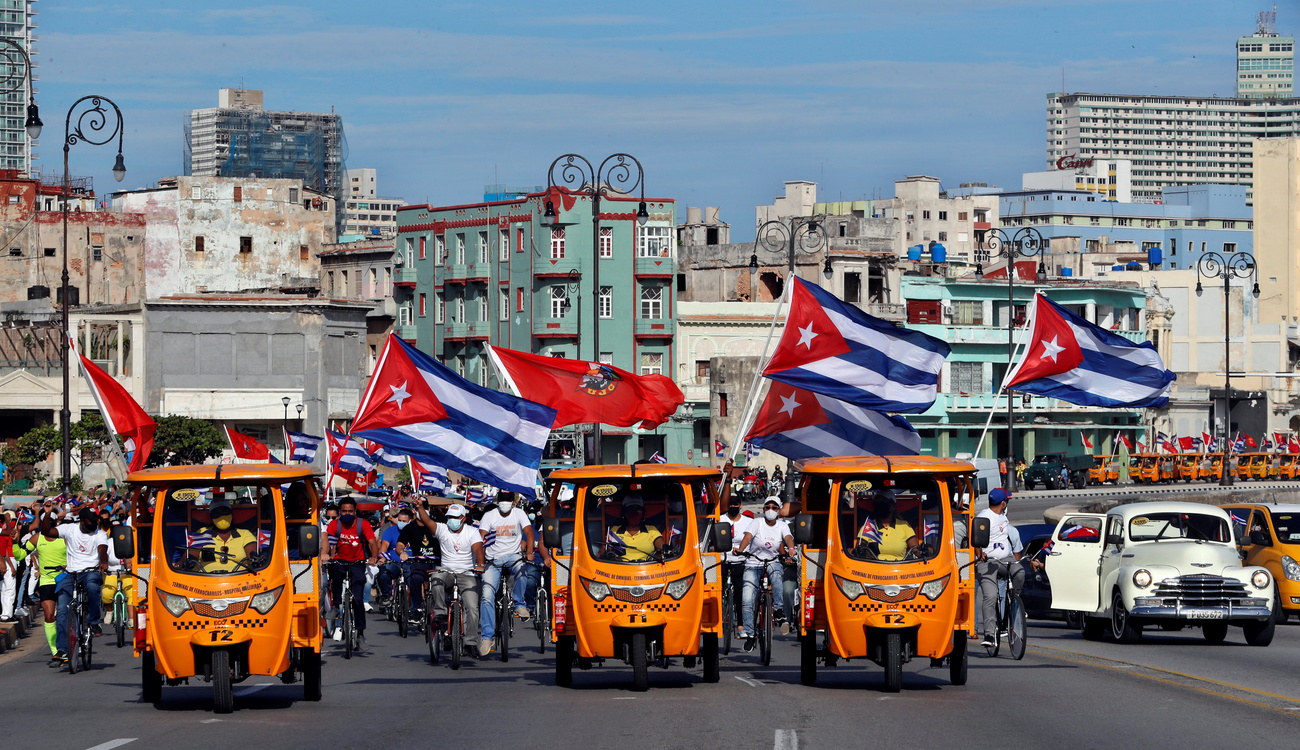
More
Switzerland closes a chapter on strengthening Cuban autonomy
Historical triangle
When Cuba gained independence from Spain and became a republic in 1902, Switzerland was quick to recognise the new nation and establish diplomatic ties.
As early as the 19th century, Swiss honorary consuls were present on the island, reflecting Switzerland’s longstanding interest in the Caribbean.
In 1918, Switzerland officially opened a consulate in Havana, which was later elevated to an embassy in 1957 – just two years before the Cuban Revolution led by Fidel Castro and Che Guevara against the dictatorship of Fulgencio Batista.
After the revolutionary forces seized power, Switzerland maintained good relations with the new communist government which was openly anti-American.
The socialist revolution in the US’s backyard caused immediate tensions. Washington severed diplomatic relations with Havana and imposed maximum pressure, mostly in the form of economic sanctions, while Cuba aligned itself with the Soviet Union.
In 1961, after the diplomatic break, Switzerland assumed the role of “protecting power”, representing US interests in Cuba for over half a century.
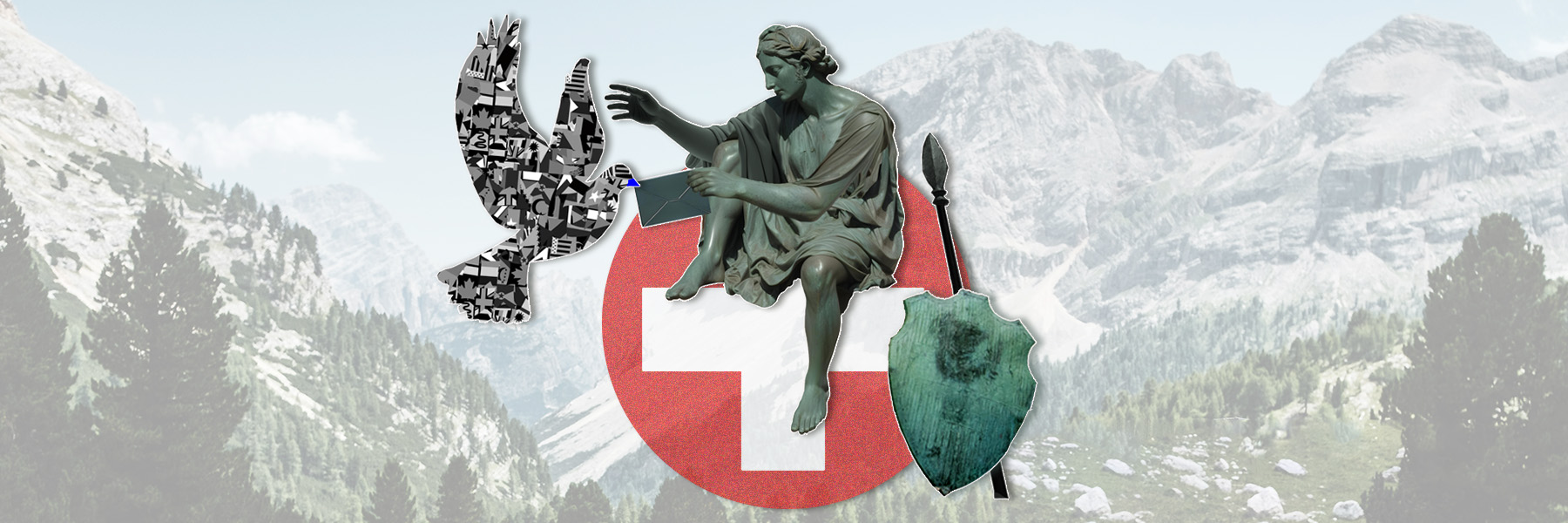
More
Need a diplomatic messenger? Switzerland is eager to help
“Switzerland’s fear of nationalisation (by the new government) and investment losses led to a strictly anti-communist stance. Still, its representation of US interests in Cuba indirectly allowed Swiss companies like Nestlé to receive compensation for properties expropriated during the revolution,” explains historian Sacha Zala, director of Dodis and professor at the University of Bern.
Through this unique arrangement, the Swiss embassy in Havana became the sole formal conduit between the two countries during the Cold War. Diplomatic cables from Washington addressed to Bern began with: “The Embassy must immediately request the Swiss Foreign Ministry to convey to the Cuban government, via the Swiss Embassy in Havana”.
“Switzerland provided a crucial link between Washington and Havana after the failed Bay of Pigs invasion [of Cuba by the US] in 1961. The two governments could exchange messages through Swiss representatives,” says Jussi Hanhimäki, professor at the Geneva Graduate Institute.
The apex of this role came during the Cuban Missile Crisis. In October 1962, the US discovered Soviet nuclear missile installations in Cuba, just 150 kilometres from Florida. President Kennedy imposed a naval blockade and demanded immediate removal of the missiles.
For 13 days, the world stood on edge as Washington and Moscow exchanged threats and engaged in backchannel negotiations. “At the height of the crisis, then-US Secretary of State Dean Rusk suggested that Swiss Ambassador Emil Stadelhofer, greatly respected by Fidel Castro, should persuade him to reconsider the arms deployment and open negotiations with the United States,” notes Zala.
The crisis was defused through a diplomatic agreement: the Soviet Union would withdraw its missiles from Cuba, and the US would pledge not to invade the island, also secretly removing its missiles from Turkey.

Trump renews pressure
Switzerland’s diplomatic role lasted until 2015, when President Barack Obama’s rapprochement with Cuba ended the need for a protecting power. But with Trump’s return to the White House and Marco Rubio as Secretary of State, US-Cuba tensions have flared anew, despite formal diplomatic relations being maintained.
Trump reinstated what he calls a “maximum pressure” strategy, supported by Rubio, himself the son of Cuban exiles. They backed keeping Cuba on the US State Sponsors of Terrorism list, further tightening diplomatic and economic constraints on the island, already suffering its worst economic crisis in three decades.
The sponsor of terrorism designation, made by Rubio in the administration’s opening days, paves the way for more sweeping sanctions, including trade restrictions, asset freezes under US jurisdiction and curtailed access to global financial markets.
Trump also reinstated caps on dollar remittances sent to the island’s relatives, prohibited most categories of US tourism to the country.
According to the online media PoliticoExternal link, quoting a senior Cuban official, Cuba unsuccessfully sought to improve its relations with the United States by cooperating with the resumption of deportation flights under the Trump administration.
Johana Tablada, a senior official at the Cuban foreign ministry overseeing ties with Washington, stated that bilateral relations are currently “at zero”.
The Cuban government has turned to the international community for support, denouncing the embargo and the new sanctions before global institutions. As a result, Cuban diplomats have begun to explore new avenues, including Switzerland.
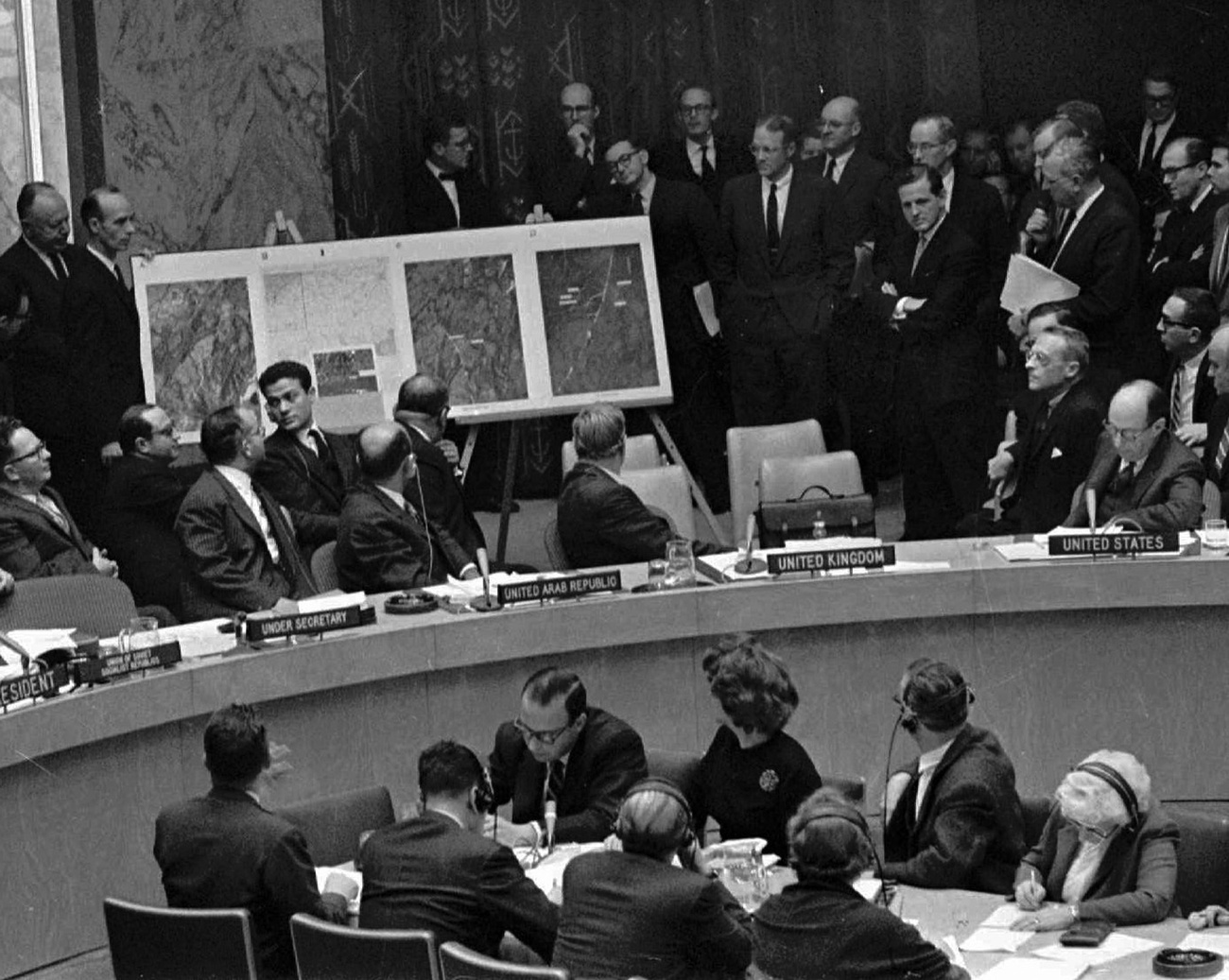
Neutral actors are needed to facilitate humanitarian, consular and possibly commercial dialogue, according to two diplomats interviewed by Swissinfo in Havana under conditions of anonymity.
“Switzerland has a meaningful role in global diplomacy. Although [Switzerland is] aligned with the West, Cuban diplomats respect Swiss professionalism. That’s why we believe the country could do more to help ease US sanctions on Cuba,” said one diplomat.
Experts interviewed by Swissinfo agree Switzerland could again help bridge the gap between Havana and Washington. However, they note key differences compared to the Cold War era that may limit its influence.
Carlos Alzugaray Treto, a career Cuban diplomat, explains that although US-Cuba relations remain tense, both countries still maintain embassies and conduct semi-annual migration talks. “Trump has already stated he will end those discussions, so there may be a renewed need for a mediator,” he says.
Antonio Romero Gómez, from the University of Havana’s Center of International Economic Research (CIEI), believes Switzerland could help mend diplomatic rifts. However, he also argues that most countries are unlikely to sever ties with Cuba, as they did during the Cold War, making the Swiss role more limited than during the Cold War.
“Cuba has long been seen as a reliable and respected partner, especially in cooperation efforts. Cutting ties under US pressure would be poorly received by the public in many nations,” Romero notes.
For Hanhimäki, Switzerland still enjoys a positive reputation in Latin America, but it would not act contrary to the US interests. “I don’t expect Switzerland to become a major actor in South American affairs; certainly not one that would confront the US,” he says.
Asked whether it would be willing to serve again as a go-between for Havana and Washington, the Swiss foreign ministry told Swissinfo that Switzerland “always stands ready to offer its good offices when these are useful and desired by both parties”.
The Trump administration, however, does not appear interested in such mediation. In a statement to Swissinfo, the US State Department said: “We are ready and able to engage friends and foes alike when engagement furthers American objectives. We do not need intermediaries or facilitators.”
The Cuban government did not respond to Swissinfo’s request for comment.
Edited by Virginie Mangin/ts

More
Our weekly newsletter on geopolitics

In compliance with the JTI standards
More: SWI swissinfo.ch certified by the Journalism Trust Initiative


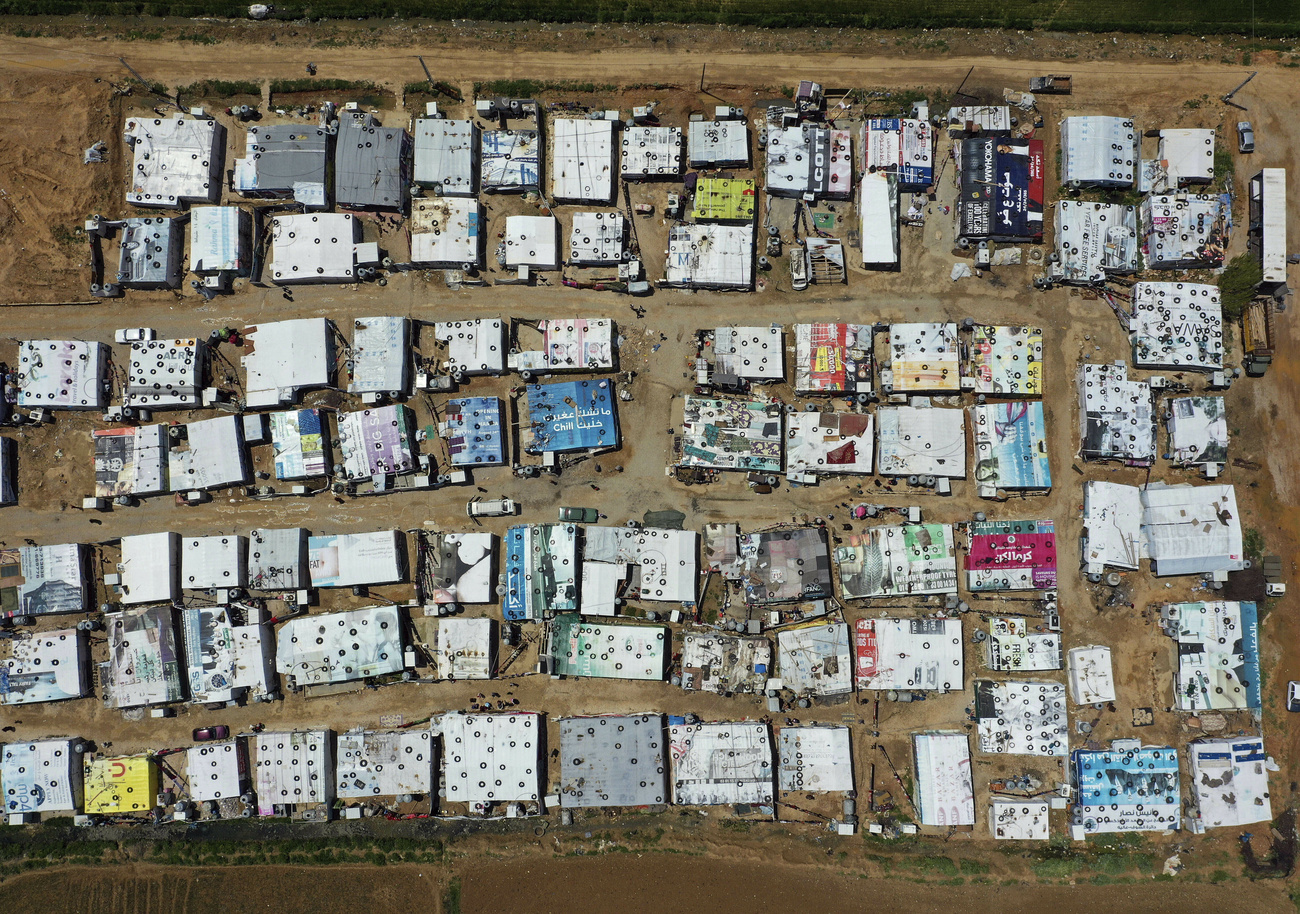
























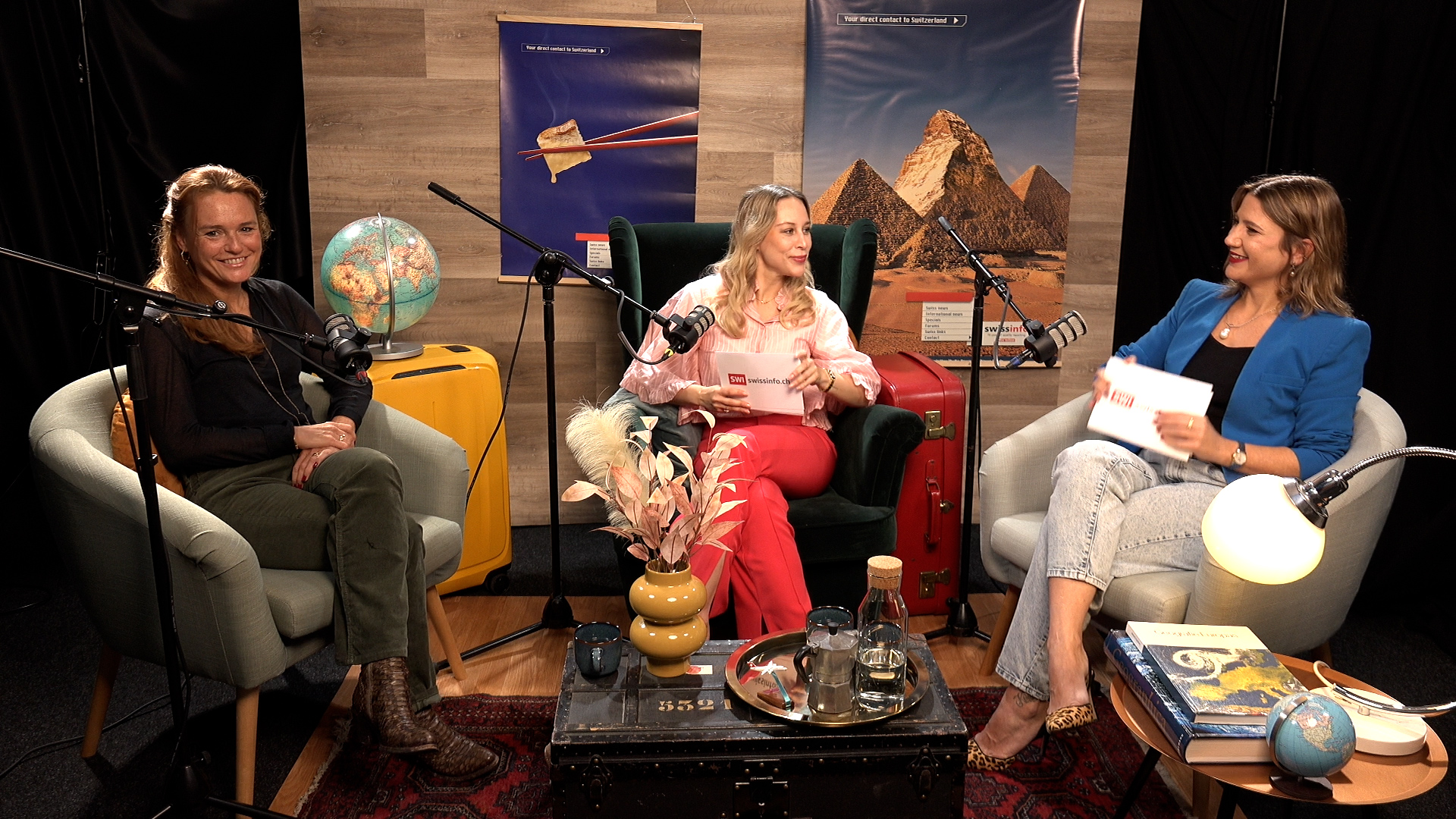



You can find an overview of ongoing debates with our journalists here . Please join us!
If you want to start a conversation about a topic raised in this article or want to report factual errors, email us at english@swissinfo.ch.